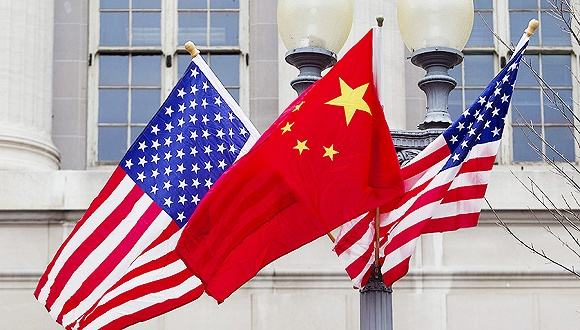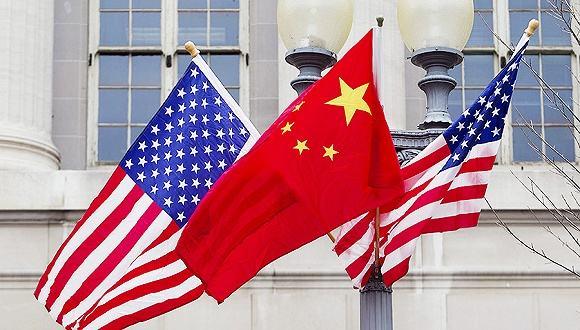
BEIJING, Sept. 25 (Xinhua) -- The Information Office of the State Council on Monday released a white paper, titled "The Facts and China's Position on China-U.S. Trade Friction," clarifying six key facts about China-U.S. trade and economic relations.
According to the white paper, the current U.S. administration, in its Section 301 report and other ways, stigmatizes China by accusing it of "economic aggression,""unfair trade,""intellectual property rights (IPR) theft" and "national capitalism."
"It is a gross distortion of the facts in China-U.S. trade and economic cooperation. It turns a blind eye to the huge progress in China's reform and opening-up as well as the dedication and hard work of the Chinese people," the white paper said.
"This is disrespectful to the Chinese government and people as well as incompatible with the real interests of the American people. It will only aggravate differences and tensions, which in the end will damage the fundamental interests of both countries," the white paper added.
The white paper clarified six key facts about China-U.S. trade and economic relations: the gap in trade in goods alone is not a good indicator of China-U.S. trade and economic relations; the discussion of fair trade should not be detached from the principle of mutual benefit of the World Trade Organization (WTO); the accusation that China forces technology transfer is against the spirit of contract; China's huge efforts and achievements with regard to IPR protection should not be dismissed; the Chinese government's encouragement to Chinese business to go global should not be distorted as a government attempt to acquire advanced technologies through commercial mergers and acquisitions; China's subsidy policy complies with WTO rules and should not be attacked.
In today's world of greater globalization and widespread international production, bilateral trade and economic cooperation already extend beyond trade in goods, according to the white paper.
"If we give full consideration to these three factors -- trade in goods, trade in services, and sales of local subsidiaries in the host country, trade and economic cooperation delivers balanced benefits in general for China and the United States, with the latter reaping more net benefits," the white paper said.
The mutual benefit principle advocated by the WTO means overall reciprocity and balance of interests in market opening across all the industries of the members, it said. "This is genuine global fairness."
Since China's adoption of reform and opening-up, foreign enterprises have established partnerships with Chinese companies by voluntarily entering into contracts, according to the white paper.
"They transferred production capacity and orders to China of their own volition so as to tap into the emerging market, save production costs, achieve economy of scale, and extend the term of profiting from technologies," it said. "These are voluntary behaviors based on business interests."
"It accords with neither historical facts nor the spirit of contract to unjustly label bilateral transactions on a voluntary basis as forced technology transfer simply on the grounds of Chinese firms' technological advances," the white paper added.
According to the white paper, China's attitude towards IPR protection is clear and firm. "It has continued to reinforce protection through legislation, law enforcement and the judiciary, and achieved some notable successes."
It is consistent with the WTO for the Chinese government to encourage businesses to go global and engage in international economic exchanges and cooperation, and China conscientiously complies with WTO rules on subsidy policy, the white paper said.




 A single purchase
A single purchase









